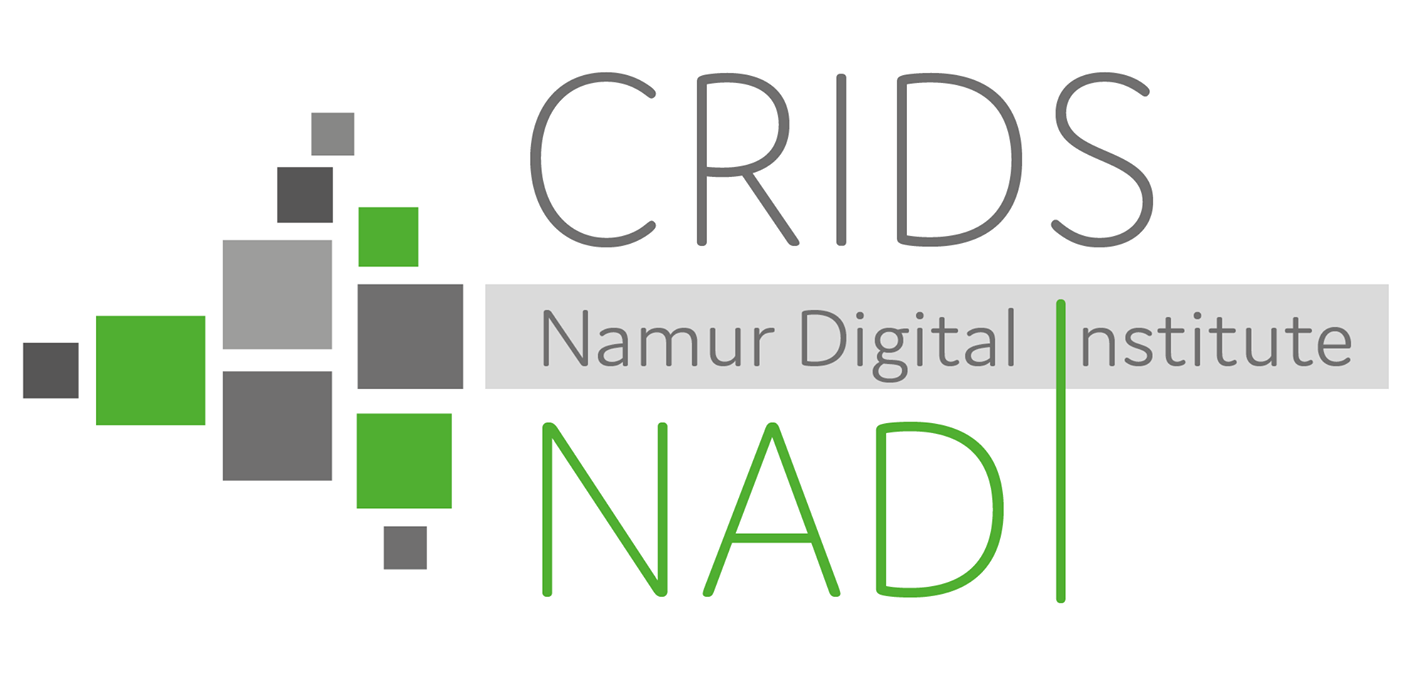Blockchain and Smart Contracts

Blockchain and smart contracts are among the most discussed topics in the IT community. Bitcoin, as a cryptocurrency is probably the most famous application relying on blockchain, but it is not the only one. Serving as an incorruptible public repository of data, thanks to distributed ledger technology, asymmetric cryptography and mining, blockchain is also the main technology component of so-called smart contracts. With smart contracts, the purpose is not only to record a transaction (e.g. a transfer of money from A to B, like with the blockchain bitcoin), but also to execute automatically some transactions, when determined requirements are met. The transaction is therefore self-executed, automatically and without any human intervention, for instance: unlocking the door of an accommodation when the fees are paid; granting the insurance indemnity to the consumer when the flight is delayed; bringing a vehicle to a standstill and terminate an agreement when leasing fees remain unpaid during two months; etc.).
Blockchain is particularly promising in sectors where trust and secure records of information or transactions are key, for instance the financial sector, supply-chain, digital rights management, e-government and e-voting. The CRIDS analyses blockchain and smart contracts through a number of legal angles including contract and tort law, data protection, criminal law, financial law, consumer law, competition law, and international private law. In 2019-2020, CRIDS and NADI researchers are involved in a research project coordinated by the University of Namur and the Catholic University of Lille on Blockchain and Law.
Latest publications
H. JACQUEMIN, P. WILLEM , «Crypto-actifs et smart contracts à l’épreuve des règles générales de protection des consommateurs », Les aspects juridiques de la blockchain et de ses applications : vol. 2 : analyse du règlement MiCA et autres questions choisies, Liège, Anthemis, 2024, pp. 261-297.
Key publications
J.N., COLIN, «Du Bitcoin aux DAO : les fondations techniques de la blockchain», Les blockchains et les smart contracts à l'épreuve du droit, Collection du CRIDS, n° 49, Bruxelles, Larcier, 2020, pp. 9-29.
A. DELFORGE, Y. POULLET, «Les blockchains : un défi et/ou un outil pour le RGPD ?», Les blockchains et les smart contracts à l'épreuve du droit, Collection du CRIDS, n° 49, Bruxelles, Larcier, 2020, pp. 97-135.
H. JACQUEMIN, A. CASSART, «Les blockchains et les smart contracts en droit belge des obligations», Les blockchains et les smart contracts à l'épreuve du droit, Collection du CRIDS, n° 49, Bruxelles, Larcier, 2020, pp. 137-184.
J.-B. HUBIN, «La preuve par la blockchain», Les blockchains et les smart contracts à l'épreuve du droit, Collection du CRIDS, n° 49, Bruxelles, Larcier, 2020, pp. 185-208.
B. MICHAUX, F. JACQUES, «La blockchain est-elle ou non une véritable base de données, protégeable par la propriété intellectuelle ?», Les blockchains et les smart contracts à l'épreuve du droit, Collection du CRIDS, n° 49, Bruxelles, Larcier, 2020, pp. 237-284.
M. LOGNOUL, «La blockchain comme outil de protection et de gestion des actifs de propriété intellectuelle», Les blockchains et les smart contracts à l'épreuve du droit, Collection du CRIDS, n° 49, Bruxelles, Larcier, 2020, pp. 285-313.
C. BOURGUIGNON, «La technologie blockchain et la distribution des médicaments au sein de l’Union européenne», Les blockchains et les smart contracts à l'épreuve du droit, Collection du CRIDS, n° 49, Bruxelles, Larcier, 2020, pp. 441-472.
Y. POULLET, H. JACQUEMIN, « Blockchain : une révolution pour le droit ? », J.T., 2018, pp. 801-819.
H. JACQUEMIN, Consumers contracting with other consumers in the sharing economy: fill in the gaps in the legal framework or switch to the blockchain model ? », Revista de Internet, Derecho y Politica, 2019, n°28, pp. 44-55.





